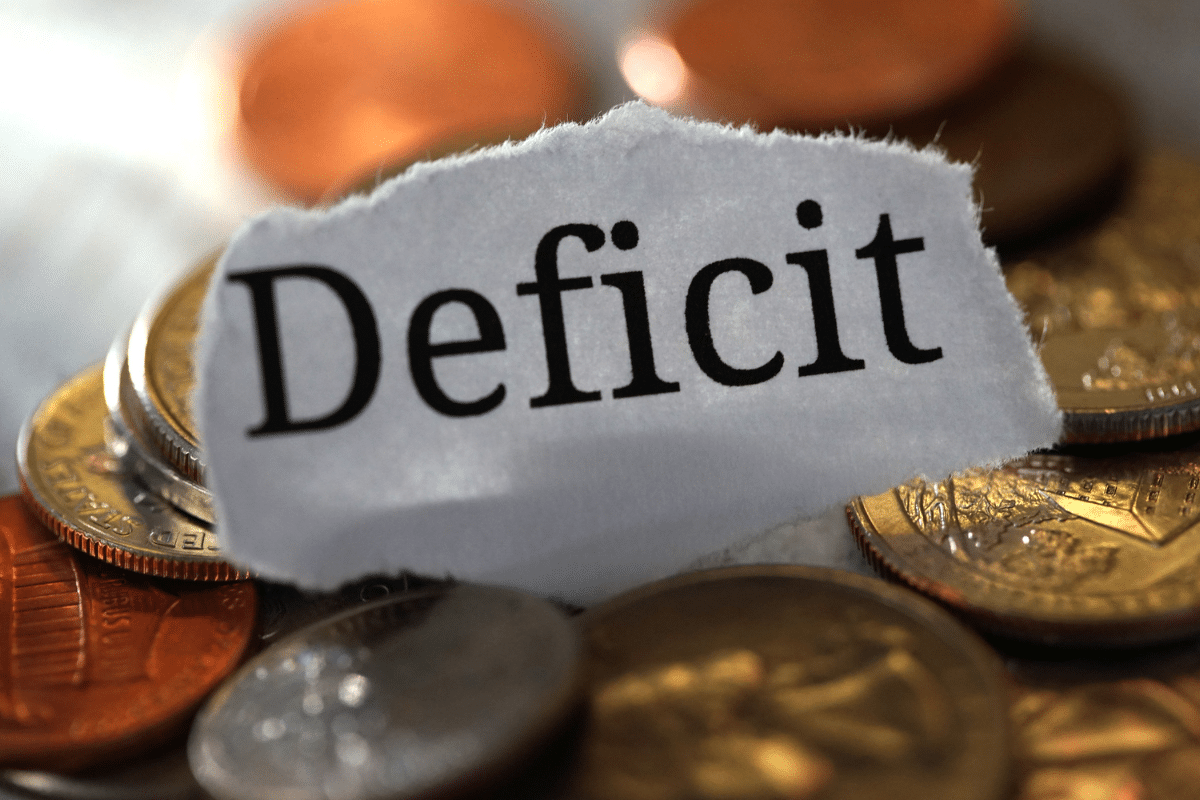Our advice to fulfil your tax declarations in the best way
The introduction of withholding tax (“prélèvement à la source”) does not exempt you from completing and validating your income tax return (“déclaration de revenus”).
Due to the health crisis, the deadlines for completing and validating the declaration have been extended.
I/ Employees : abatement or actual costs
Business expenses (“frais professionnels”) have an important place in the tax return.
If you are an employee, your expenses are automatically “covered” by a flat-rate deduction of 10%, with a minimum of 441€ and a maximum of 12.627€.
However, if it is in your interest, you can deduct your expenses for their actual amount (only if you have kept proof of your expenses).
This option is annual.
The deduction of actual expenses is advantageous if your expenses represent more than 10% of your salary, including allowances for professional expenses.
The lower your salary, the easier it is to justify expenses exceeding this limit, especially if you had to move in 2019 to take up a new job (moving expenses), if you work far from home (travel expenses), etc.
II/ Rental properties : micro-financial or actual regime
If you have rented out one or more unfurnished properties, you are automatically covered by the micro-financial scheme (“régime micro-foncier”) as long as your rentals do not exceed 15.000€.
The tax authorities will calculate your taxable property income by applying an allowance of 30% to the amount of rent declared.
You will therefore only be taxed on 70% of this sum, whatever the level of your charges.
You can give up this scheme to deduct your charges for their real and justified amount.
This option commits you for 3 years.
It applies to all your rented properties.
It is advantageous when your expenses represent more than 30% of your rent.
This can be the case if you have renovated a property before renting it out or between two tenants.
But be careful because this year, an anti-optimisation measure introduced because of the “white year” due to the withholding tax, provides that in the event of taxation according to the actual regime, maintenance, repair and improvement work carried out in 2019 is only deductible up to the amount of the average expenses paid in 2018 and 2019.
III/ Declaring your stock market capital gains (“plus-values boursières”) correctly
Capital gains (“plus-values”) realized in 2019 following the sale of securities or corporate rights (shares, company shares, bonds) are taxable in 2020.
The capital gain or loss corresponds to the difference between the sale price of the security sold (minus disposal costs such as trading commissions, brokerage fees, intermediary commissions, expert fees, etc.) and the acquisition price (plus acquisition costs).
The overall net capital gain or loss for 2019 corresponds to the net result of all your disposals (“résultat net de l’ensemble de vos cessions”).
In principle, your capital gains and losses in 2019 have been calculated by the financial institutions holding your securities.
At the beginning of the year, they must have sent you tax forms with the amounts to be declared.
Please note : if you made a global capital loss in 2019, this can only be charged against your capital gains of the same nature made over the next 10 years.
IV/ Real estate wealth tax (“impôt sur la fortune immobilière”)
The health crisis does not affect in any way the valuation of the assets to be declared for the “IFI”, the real estate wealth tax.
It is necessary to retain its value on 1 January 2020.
If your real estate assets (debts deducted) exceed 1.3 million euros, you are liable for this tax and must declare them (form n°2042-IFI).
The due dates are identical to those for income tax.
On the basis of this declaration, the tax authorities will calculate the amount to be paid, usually by 15 September.
The crisis has no impact, that is why the main issue of the declaration is still to assess one’s assets.
For instance, anything that complicates the sale also affects the value of the property.
Thus, it is admitted, even if it is not official, a discount of 10 to 30% for properties given in rent (“biens données en location”), and 10% for those held in non-trading property companies (“sociétés civiles immobilières SCI”) or in joint ownership (“indivision”).
However, it should be noted that the Court of Cassation has refused to reduce the value of a principal residence owned jointly by a married couple under the regime of separation of property (“régime de séparation des biens”).
As the sale of the property by a single spouse is unlikely, joint ownership does not affect its value.
Nevertheless, the couple could benefit from the 30% allowance on the principal residence.
On the other hand, the tax authorities limit the deduction of debts : if your home is worth 1 million euros, you cannot deduct more than 700.000€ in loans, property tax, works, etc.
Please note : if you own your accommodation via a non-trading property companies, you do not benefit from the 30% allowance.










